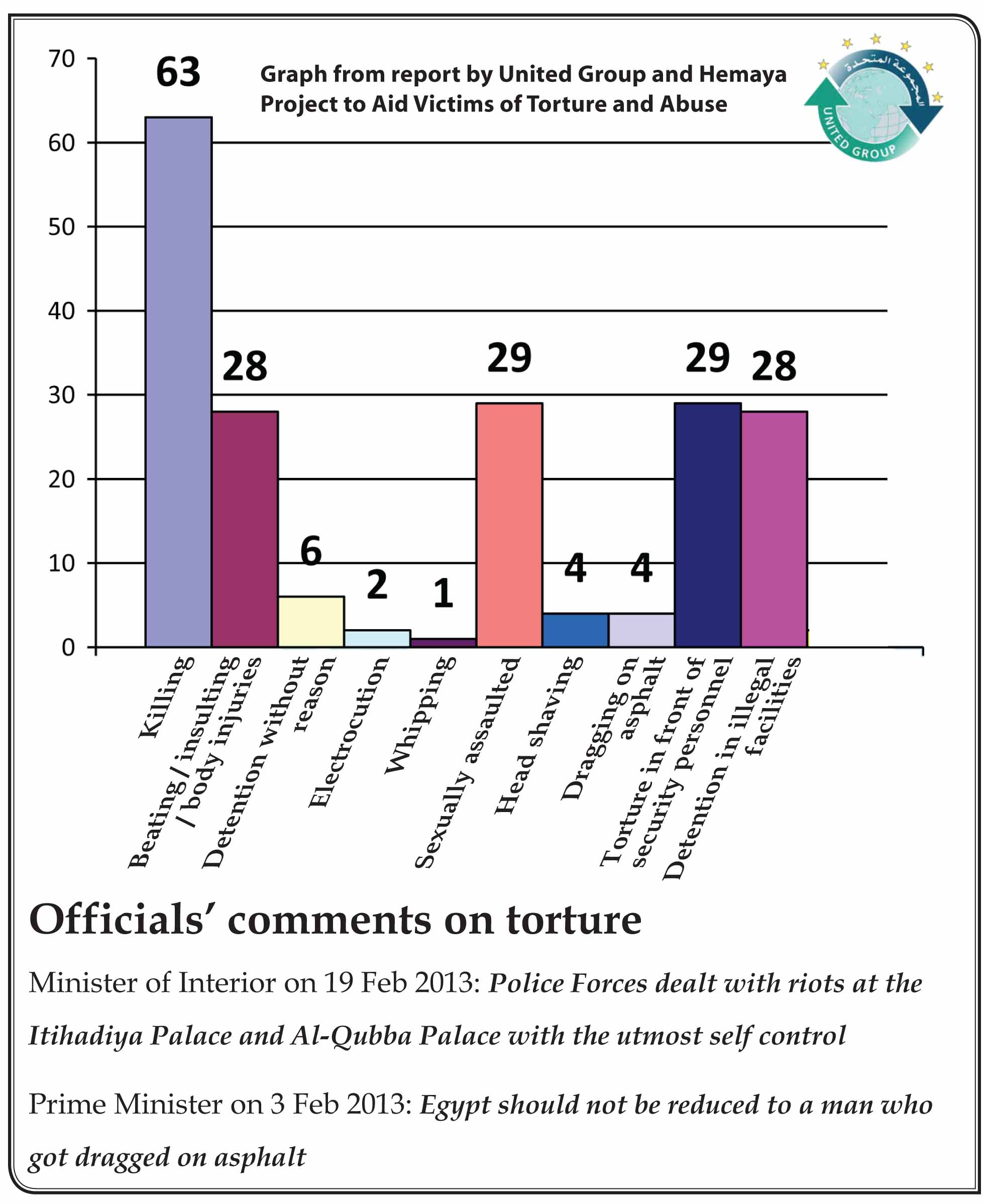CAIRO: An investigations judge began Tuesday interrogating 29 defendants allegedly involved in the Maspero violence between Coptic protesters and army forces on Oct. 9, among them prominent activist Alaa Abdel-Fattah.
Abdel-Fattah’s lawyers said charges of illegal assembly and inciting violence were dropped, while that of stealing weapons was still in place. Abdel-Fattah was initially accused of illegal assembly, inciting violence and stealing weapons to execute a terrorist plan.
His lawyers requested admitting as evidence a recording of military council generals stating on television that army forces were unarmed during the clashes.
On Oct. 9, army forces violently dispersed a mainly Coptic protest, leaving 27 dead and hundreds injured.
Prosecutor General Abdel Meguid Mahmoud referred Monday the interrogation from State Security Prosecution to an independent investigations judge upon the request of the defendants’ lawyers.
The case was first investigated by military prosecution, but was later referred to state security interrogation upon an order from the ruling military council.
Abdel-Fattah had declined to be interrogated by military prosecution since he believed they are a party to the crime they are probing.
The interrogation is ongoing and a decision had not been made by the judge at press time whether Abdel-Fattah’s detention will be extended.
Meanwhile, the Administrative Court adjourned until February a case raised against the decision to refer protester Samira Ibrahim to military trial.
Ibrahim’s lawyers are attempting to deem certain articles in the military law unconstitutional, and the case was adjourned to give the state’s commissioners time to investigate the plaintiff’s requests.
"We appealed against Section 2 of Article 6 in the military judiciary law that enables the president [the ruling military council in this case] to refer civilians to military courts in times when emergency law is active; as well as Article 48 of the same law that only enables military judiciary to specify who can be subject to a military trial," lawyer at the Egyptian Initiative for Personal Rights (EIPR), Ahmed Hossam told Daily News Egypt.
Ibrahim, along with seven other female protesters, said she was subjected to virginity checks conducted by military police officers after a Tahrir sit-in was dispersed in March, and received a one-year suspended sentence after a military trial.
The case is one of three filed by rights organizations against referring Ibrahim, a civilian, to a military court.


